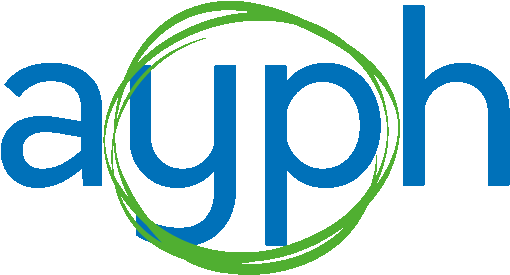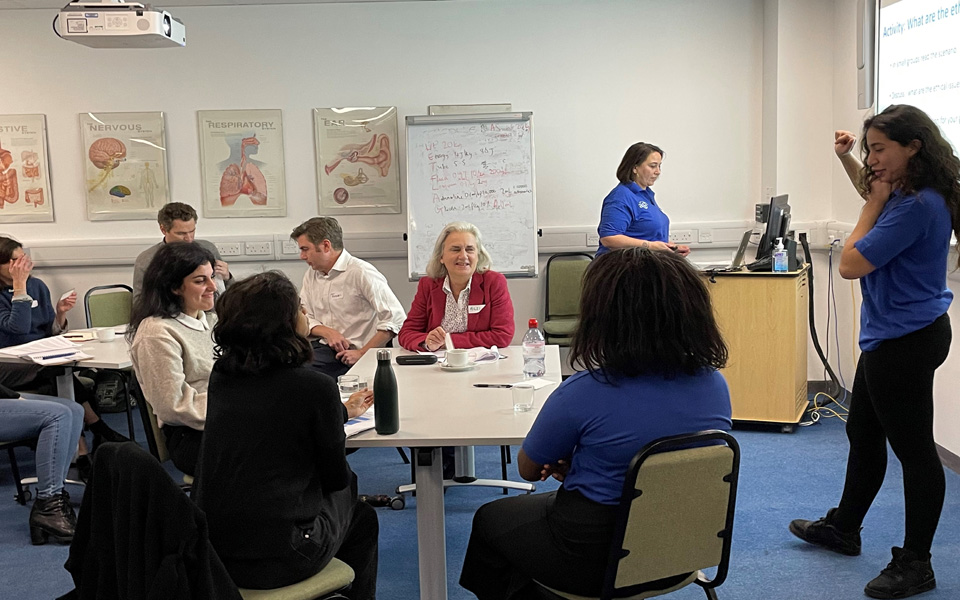Last week the Office for Health Improvement and Disparities (OHID) published a revised and updated version of the You’re Welcome quality criteria for youth friendly health services. AYPH welcomes the criteria and in this blog we reflect on the content and some implementation challenges.
Originally published in 2007, and first refreshed in 2011, this 2023 version of the criteria is an updated and modernised version of the original, adapted to suit a digital and post-pandemic world. The intention of the criteria is to help those running services to understand how they can be as accessible as possible to young people. This is important for a number of reasons, but particularly because improving access to services is a critical lever for reducing health inequalities. Young people’s needs can be different to those of younger children or older adults. Understanding their perspective and their life stage is critical for getting the offer right.
The criteria are published as an online document on the .gov website. There are eight criteria, including:
- involving young people in their care and in the design, delivery and review of services
- explaining confidentiality and consent
- making young people welcome
- providing high-quality health, wellbeing and care services
- developing digital approaches
- staff skills and training
- linking with other services
- supporting young people’s changing needs
Each topic consists of three ‘essential’ criteria (such as “consideration is given to whether access is convenient for young people”), and a set of ‘additional’ criteria. The criteria are accompanied by links to resources, and also a self-assessment form that sets out the criteria with space for services to collate evidence that they meet each of the essential criteria and 2 additional criteria for the 8 standards.
What is new in this refresh? To start with, there is an additional new criterion on standards relating to the digital health offer. There is more of an emphasis than in earlier versions on the involvement of young people in their care and in service design, in addition to original elements relating to the importance of youth friendly spaces. The refreshed criteria are more informed by the concept of ‘developmentally appropriate healthcare’ than earlier versions. There is also an explicit focus on specialist services for healthy weight and physical activity, substance use and long term and complex health needs and disabilities, in addition to sexual and reproductive health and mental health and wellbeing that were included in the 2011 version. The self-assessment elements are also spelled out in a more tangible way than previously.
There are some challenges. This is a long document and many front-line practitioners running hard pressed and under staffed services may struggle to complete this as an exercise. User-friendly ways in to the criteria and the self-assessment elements will be important, together with training on how to interpret some of the criteria in everyday practice. The guidance says, for example, that young people will need to see the self-assessment in order to plan and prioritise their own assessment of services, but this will need to be managed so that young people can be meaningfully involved and are not overwhelmed by a long and complex document. The encouragement for involving young people in the accreditation process is very welcome, but also represents a real challenge and needs to be done with skill in order to be meaningful for everyone.
Overall, the new You’re Welcome criteria have the opportunity to be game-changing for the development of more youth friendly health services, and we look forward to working with colleagues to support their implementation.
AYPH runs training on developing Youth Friendly Health Services and offers a package of support to services wishing to work towards the You’re Welcome criteria. You can book on our open access course here OR contact us for more information about in-house courses and bespoke support – info@ayph.org.uk

